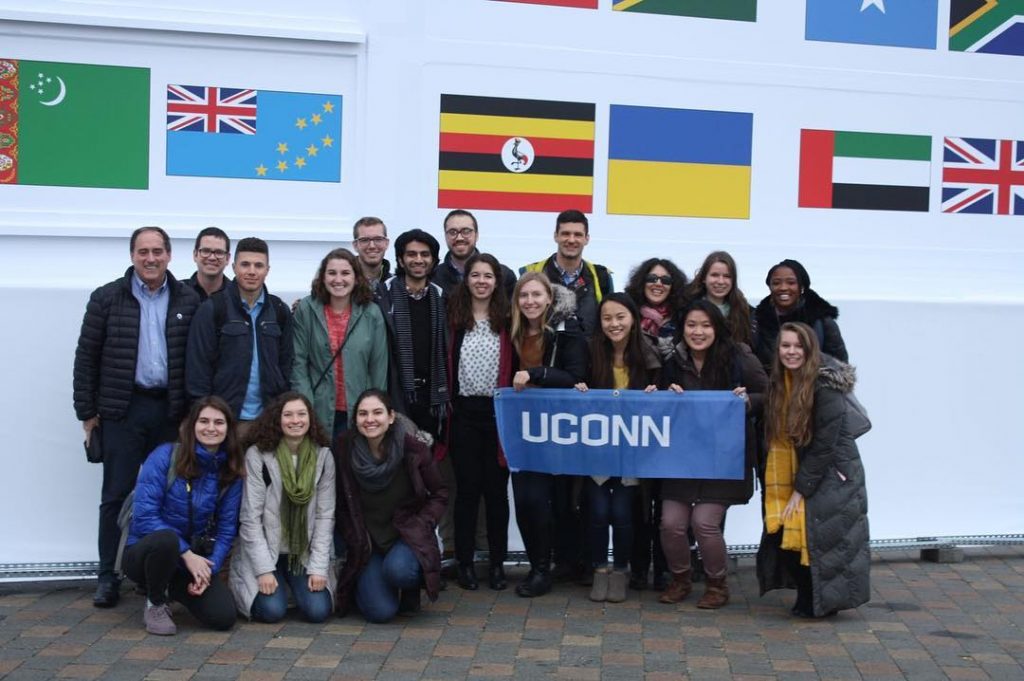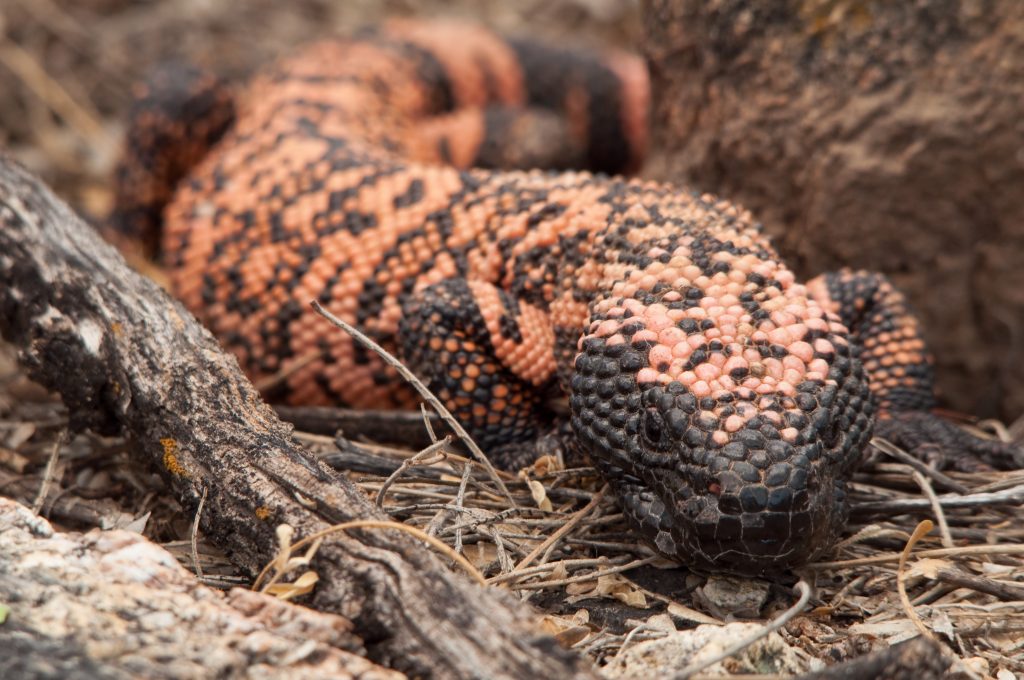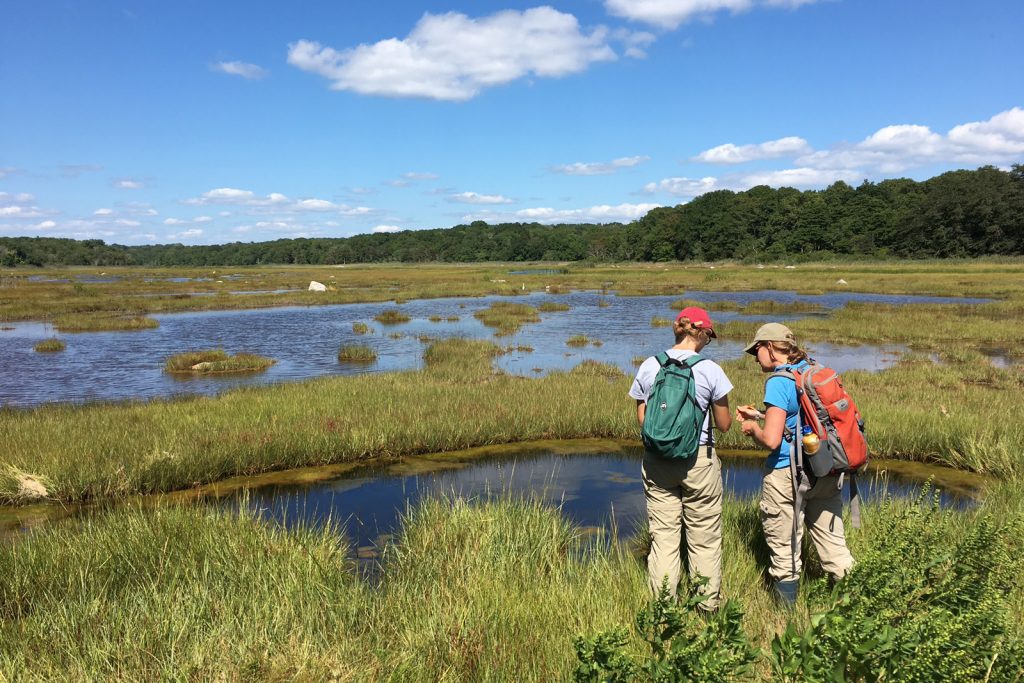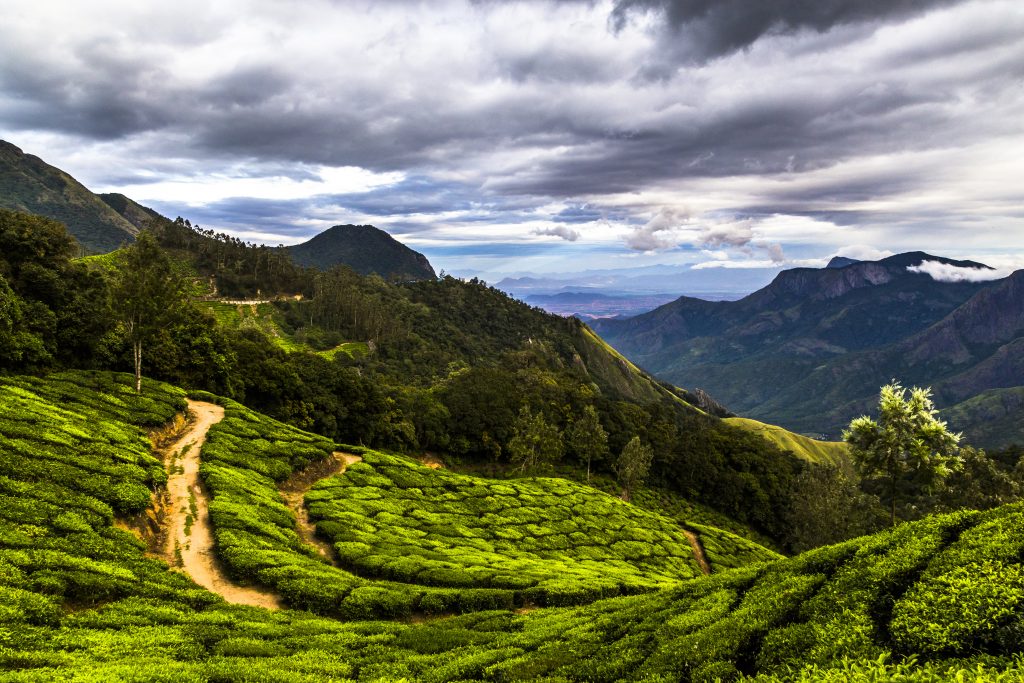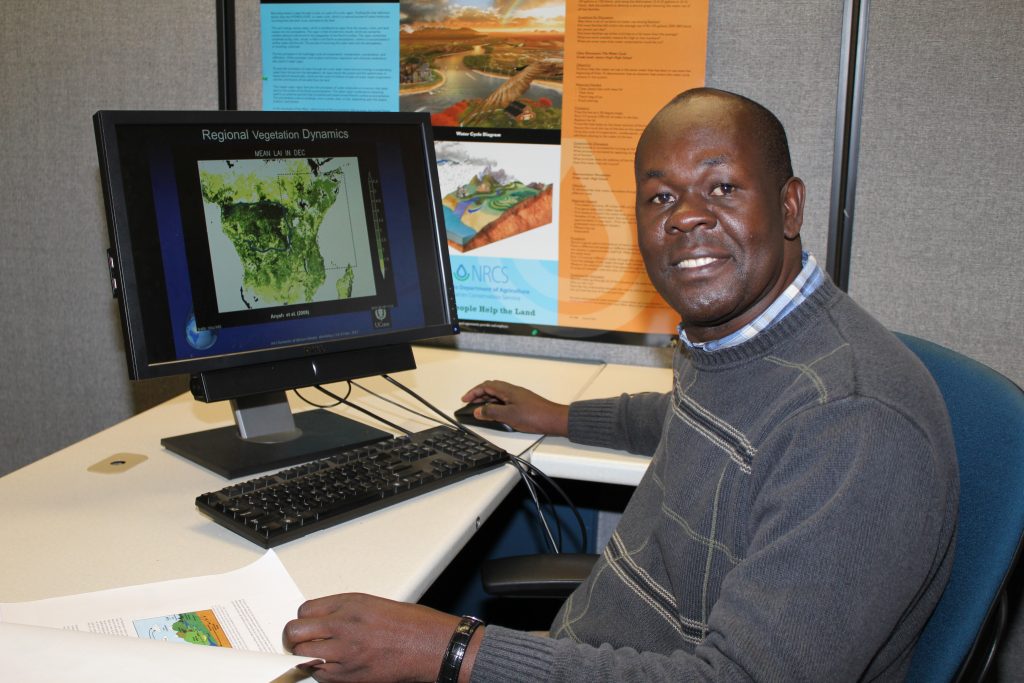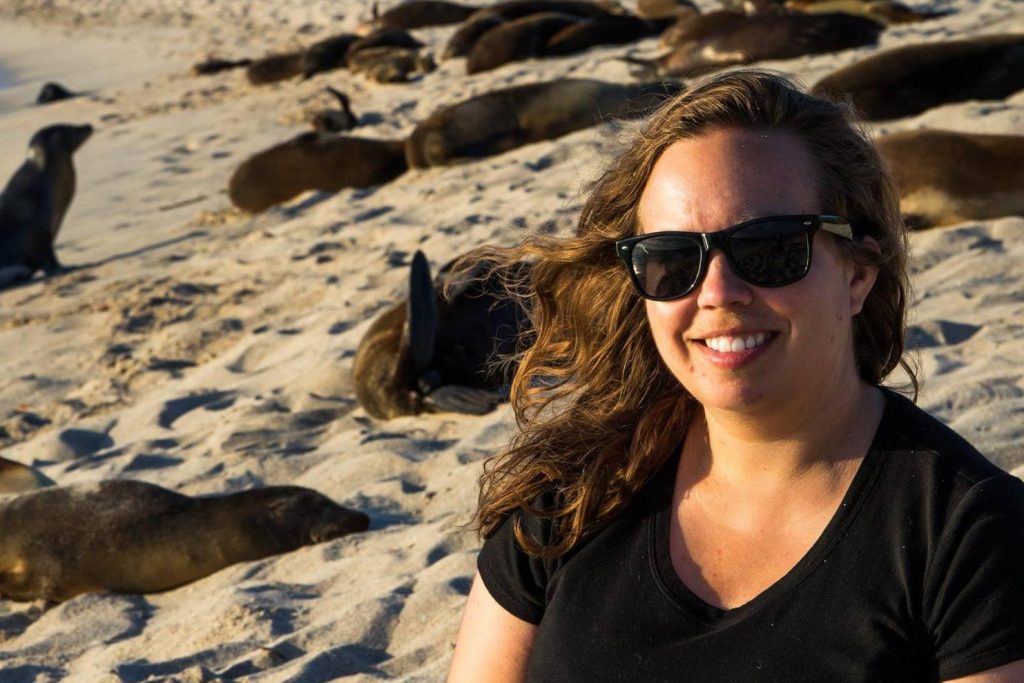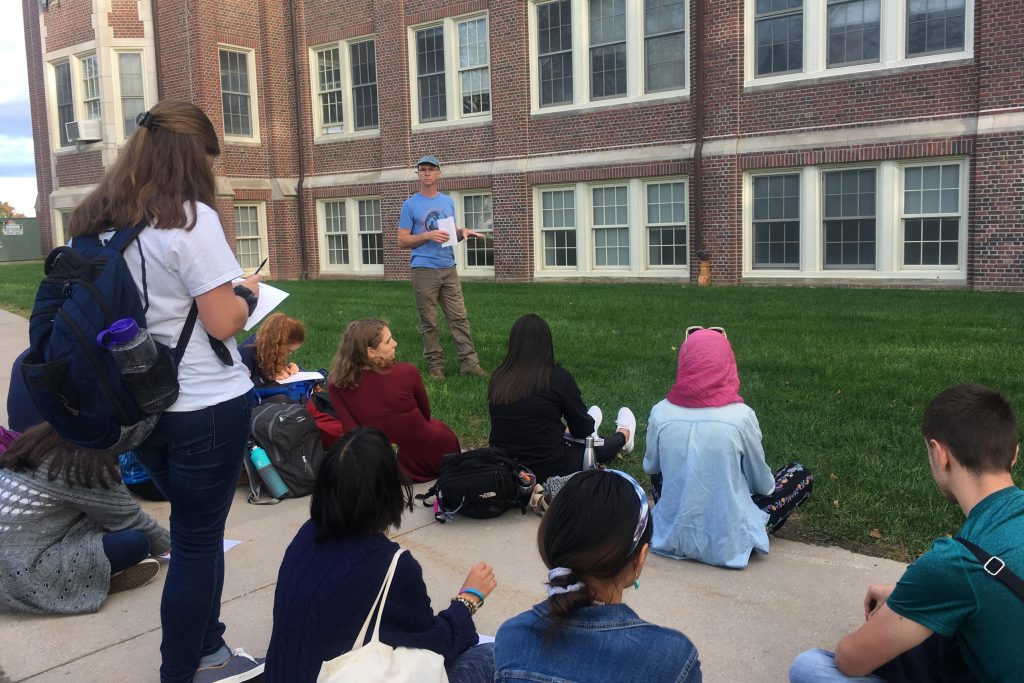Sustainability
Want to Thwart Climate Change? Here are 8 Steps You Can Take
Turn down the thermostat, use only what you need, and don't wait to start. These are among the New Year's tips from faculty for those who are concerned about the environment.
January 2, 2019 | Elaina Hancock
Students Talk Climate at COP24
Student bloggers who were part of UConn's delegation to the recent UN climate change summit in Poland discuss the personal impact of their experiences.
December 19, 2018 | Elaina Hancock
Nature is a Rich Source of Medicine – If We Can Protect It
Conservative estimates suggest that we are losing one important drug every two years because of our onslaught on the natural world, according to UConn's John Malone and counterparts.
December 13, 2018 | John Malone, UConn; Ross Piper, University of Leeds; Alexander Kagansky, University of Edinburgh; Nils Bunnefeld, University of Stirling; Rob Jenkins, University of York.
Saltier Waterways Creating Dangerous ‘Chemical Cocktails’
A new study found that salty, alkaline freshwater releases a variety of harmful substances that together have more devastating effects on drinking water and ecosystems than individual contaminants.
December 3, 2018 | Matthew E. Wright, University of Maryland
Connecticut’s Marshes: Past, Present, and Uncertain Future
As the world looks increasingly to technology to sequester carbon dioxide from the atmosphere, UConn researchers are seeking to understand the natural processes involved in wetlands' ability to store carbon.
November 15, 2018 | Elaina Hancock
‘Cryptic’ Interactions Drive Biodiversity Decline At Edge of Forest Fragments
An international team of researchers showed that forest fragmentation weakens the impact of some 'natural enemies' that help maintain diversity in a tropical system.
November 6, 2018 | Kevin Dennehy, Yale University
Tick-or-Treat!
Think tick, or risk being tricked by these 'blood-sucking vampires,' cautions pathobiologist Paulo Verardi, whose lab is working to develop vaccines for a number of emerging tick-borne diseases.
October 31, 2018 | Elaina Hancock
The Rains in Africa: How Global Climate Influences the Water Cycle
A new study found relationships between certain global climate indexes and the availability of water in Africa.
October 22, 2018 | Elaina Hancock
Snapshot: Sarah Knutie in the Galapagos Islands
The ecology and evolutionary biology professor is conducting research on how bird species in the Galapagos are responding to new parasites.
October 19, 2018 | Elaina Hancock
Climate Corps Seeks to Make Impact in Connecticut’s Communities
A service learning course enlists students to help the state's communities respond and adapt to climate change through the UConn Climate Corps.
October 10, 2018 | Elaina Hancock

